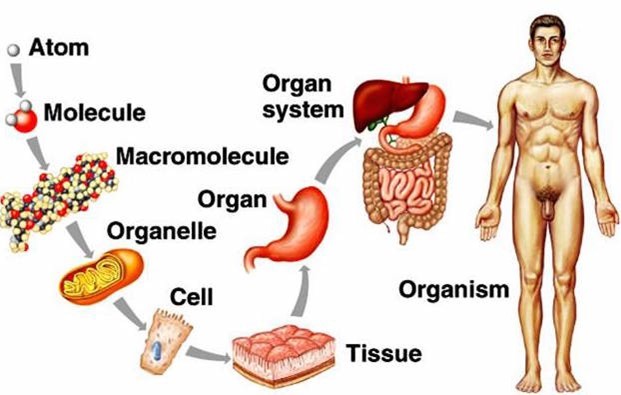The type of resistance that is acquired as a result of developing a disease is:
Naturally acquired passive immunity.
Naturally acquired active immunity.
Artificially acquired active immunity.
Artificially acquired passive immunity.
The Correct Answer is B
Naturally acquired active immunity is the type of resistance that is acquired as a result of developing a disease.
This means that the immune system produces antibodies to fight off the infection and remembers the pathogen for future protection.
This type of immunity is long-lasting and sometimes life-long.
Choice A is wrong because naturally acquired passive immunity is the type of resistance that is acquired when a person receives antibodies from another source, such as from the mother through the placenta or breast milk.
This type of immunity is temporary and lasts only for a few weeks or months.
Choice C is wrong because artificially acquired active immunity is the type of resistance that is acquired when a person receives a vaccine that contains a weakened or killed form of the disease organism.
This triggers the immune system to produce antibodies and memory cells without causing the actual disease.
This type of immunity can last for years or decades, depending on the vaccine.
Choice D is wrong because artificially acquired passive immunity is the type of resistance that is acquired when a person receives antibody-containing blood products, such as immune globulin, that provide immediate protection from a specific disease.
This type of immunity is also temporary and lasts only for a few weeks or months.
Nursing Test Bank
Naxlex Comprehensive Predictor Exams
Related Questions
Correct Answer is C
Explanation

This list best illustrates the idea of increasing levels of complexity because it follows the biological hierarchy of organization from the simplest to the most complex units of matter.
Each level is composed of units from the previous level and has emergent properties that are not present in the lower levels.
Choice A is wrong because it reverses the order of organelles and cells. Organelles are subcellular structures that perform specific functions within cells.
Cells are the basic units of life that can carry out all the processes of living organisms.
Choice B is wrong because it reverses the order of tissues and organelles. Tissues are groups of similar cells that work together to perform a common function. Organelles are more basic than tissues and are found within cells.
Choice D is wrong because it reverses the order of organs and organelles.
Organs are structures composed of two or more types of tissues that perform a specific function or function.
Organelles are more basic than organs and are found within cells.
Correct Answer is B
Explanation
Monocytes are a type of agranulocytes, which are white blood cells that lack visible granules in their cytoplasm.
Agranulocytes also include lymphocytes, which are involved in adaptive immunity.
Choice A is wrong because basophils are a type of granulocytes, which are white blood cells that have granules in their cytoplasm.
Granulocytes also include neutrophils and eosinophils, which are involved in innate immunity.
Choice C is wrong because neutrophils are also a type of granulocyte.
Neutrophils are the most abundant white blood cells and are responsible for phagocytizing bacteria and fungi.
Choice D is wrong because eosinophils are also a type of granulocytes. Eosinophils are involved in allergic reactions and parasitic infections.
Normal ranges for white blood cells vary depending on age, gender, and health status, but generally, they are between 4,000 and 11,000 cells per microliter of blood.
Whether you are a student looking to ace your exams or a practicing nurse seeking to enhance your expertise , our nursing education contents will empower you with the confidence and competence to make a difference in the lives of patients and become a respected leader in the healthcare field.
Visit Naxlex, invest in your future and unlock endless possibilities with our unparalleled nursing education contents today
Report Wrong Answer on the Current Question
Do you disagree with the answer? If yes, what is your expected answer? Explain.
Kindly be descriptive with the issue you are facing.
